Aparajito (1956)
Aparajito (1956)
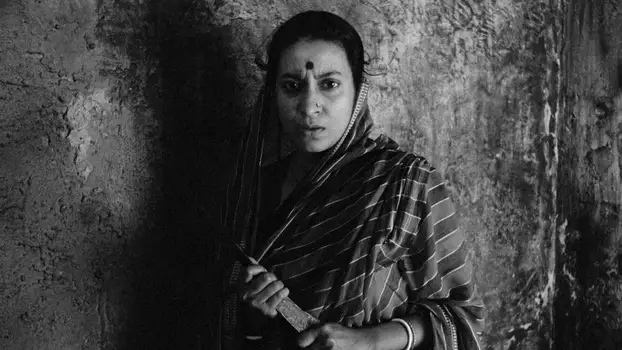
Plot.
Where to Watch.
 Subs
Subs Free
Free Rent
Rent Ads
Ads Free
Free Subs
Subs Subs
Subs Subs
Subs Rent
Rent Rent
Rent Rent
Rent Ads
Ads Subs
Subs Subs
Subs Subs
Subs Subs
Subs Rent
Rent Free
Free Free
FreeCurrently Aparajito is available for streaming online, rent, buy or watch for free on: Hoichoi, Plex, Amazon Video, Tubi TV, Plex Channel, Fandor, Criterion Channel, Amazon Prime Video with Ads, Apple TV, Google Play Movies, YouTube, Cineverse, Amazon Prime Video, Fandor Amazon Channel, Max Amazon Channel, Max, Fandango At Home, Kanopy, Fawesome
Streaming in:🇺🇸 United States

Cast & Crew.
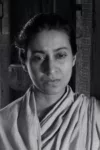
Karuna Banerjee
Sarbojaya Ray

Smaran Ghosal
Teenage Apurba 'Apu' Kumar Ray

Pinaki Sengupta
Young Apurba 'Apu' Kumar Ray

Kanu Bannerjee
Harihar Ray

Santi Gupta
Ginnima

Rani Bala
Teliginni

Ramani Sengupta
Bhabataran

Ranibala
Teliginni

Sudipta Roy
Nirupama

Ajay Mitra
Anil
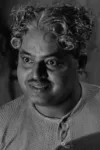
Charuprakash Ghosh
Nanda

Subodh Ganguli
Headmaster

Hemanta Chatterjee
Professor

Kamala Adhikari
Mokshada

Lalchand Banerjee
Lahiri
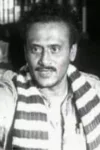
Kali Bannerjee
Kathak

Harendrakumar Chakravarti
Doctor

Meenakshi Devi
Pandey's wife

Anil Mukherjee
Abinash

Bhaganu Palwan
Palwan

K.S. Pandey
Pandey

Kalicharan Roy
Akhil, press owner

Mani Srimani
Inspector
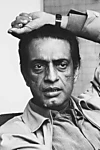
Satyajit Ray
Screenplay / Director / Producer
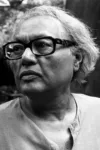
Subrata Mitra
Director of Photography
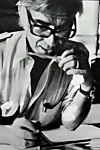
Bansi Chandragupta
Production Design / Art Direction

Dulal Dutta
Editor

Bibhutibhushan Bandyopadhyay
Novel

Durgadas Mitra
Sound Designer

Ravi Shankar
Original Music Composer
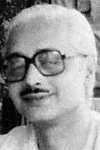
Arup Guhathakurta
Assistant Director

Suren Chakraborty
Assistant Director

Anil Choudhury
Production Manager

Subir Hajra
Assistant Director

Shailen Dutta
Assistant Director

Keya Sengupta

Udayshankar Tiwari

Saraswati Pandey

Shibnarayan Nag

Panchanan Bhattacharya

Debabrata Chakraborty
Media.







Details.
Release DateOctober 11, 1956
Original Nameঅপরাজিত
StatusReleased
Running Time1h 50m
Box Office$170,215
Genres
Last updated:
This Movie Is About.
Wiki.
Aparajito (Bengali: অপরাজিত Ôporajito; The Unvanquished) is a 1956 Indian Bengali-language drama film written and directed by Satyajit Ray, and is the second part of The Apu Trilogy. It is an adaptation of the last part of Bibhutibhushan Bannerjee's novel Pather Panchali and the first part of his followup novel Aparajito. The film starts off where the previous film Pather Panchali (1955) ended, with Apu's family moving to Varanasi, and chronicles Apu's life from childhood to adolescence in college.
When Ray started making Pather Panchali, he had no plans of following it up with a sequel, but the critical and commercial success of that film prompted him to start making Aparajito. Unlike his previous venture, where he stayed faithful to the novel, Ray took some bold artistic decisions here, such as portraying the relationship between Apu and his mother in a very different manner from the book. As a result, in contrast to its predecessor, the film was not received well locally; Ray recalled that "as for the suburban audience, it was shocked by the portrayal of the mother and son relationship, so sharply at variance with the conventional notion of mutual sweetness and devotion".
Critical reception outside of India, however, was overwhelmingly positive. The film won 11 international awards, including the Golden Lion and Critics Award at the Venice Film Festival, becoming the first film to ever win both awards. Veteran film-maker Mrinal Sen said he considered Aparajito to be one of the best Indian movies he had ever seen. Bosley Crowther wrote that "it is done with such rare feeling and skill at pictorial imagery, and with such sympathetic understanding of Indian character on the part of Mr. Ray, that it develops a sort of hypnotism for the serene and tolerant viewer". The critical acclaim this movie received encouraged Ray to make another sequel, Apur Sansar (1959), which was equally well received, and thus concluded one of the most critically acclaimed movie trilogies of all time, as Roger Ebert later pointed out: "The three films ... swept the top prizes at Cannes, Venice and London, and created a new cinema for India – whose prolific film industry had traditionally stayed within the narrow confines of swashbuckling musical romances. Never before had one man had such a decisive impact on the films of his culture".
The Apu Trilogy.
You May Also Like.
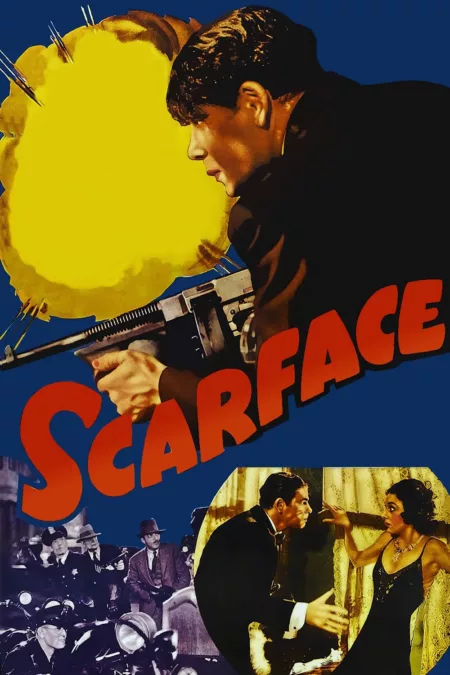
Scarface (1932)
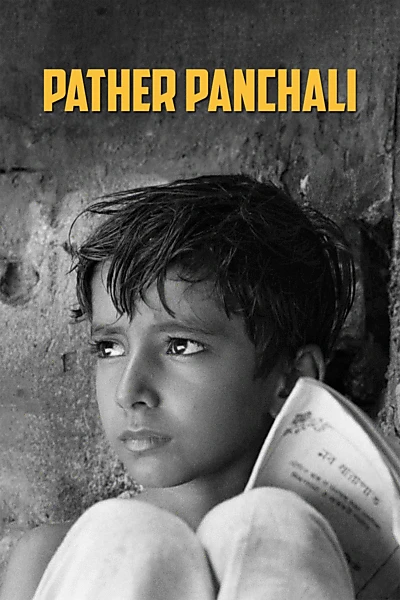
Pather Panchali (1955)

The Hobbit (1977)

The Green Deal (2024)
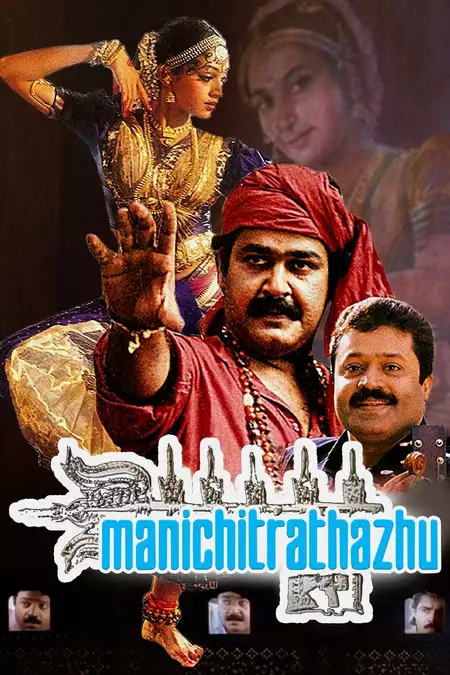
Manichitrathazhu (1993)
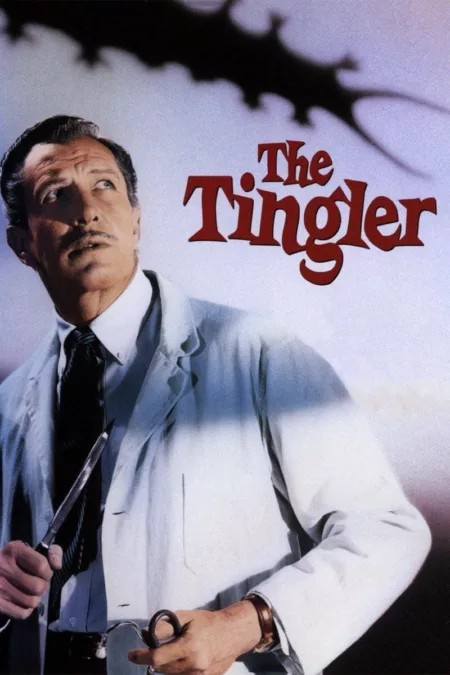
The Tingler (1959)
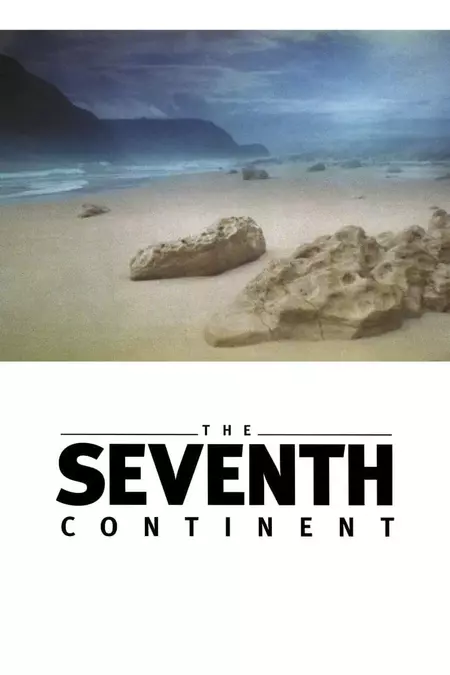
The Seventh Continent (1989)
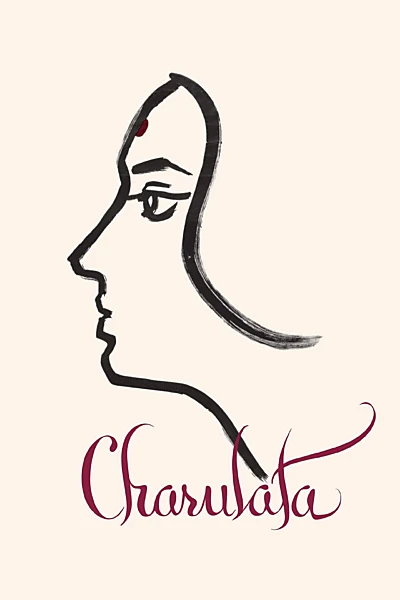
Charulata (1964)
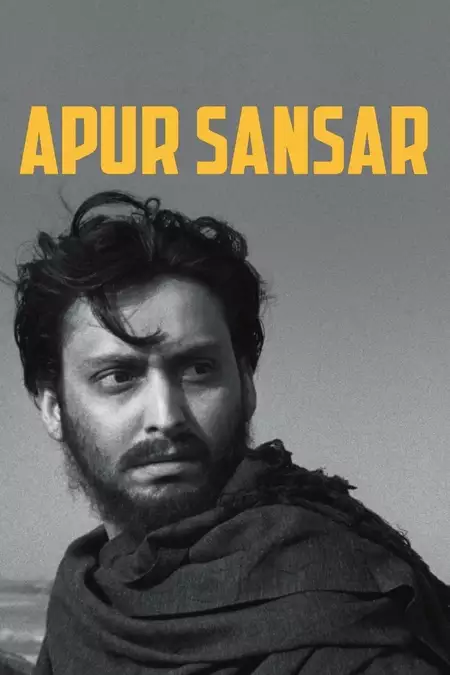
Apur Sansar (1959)
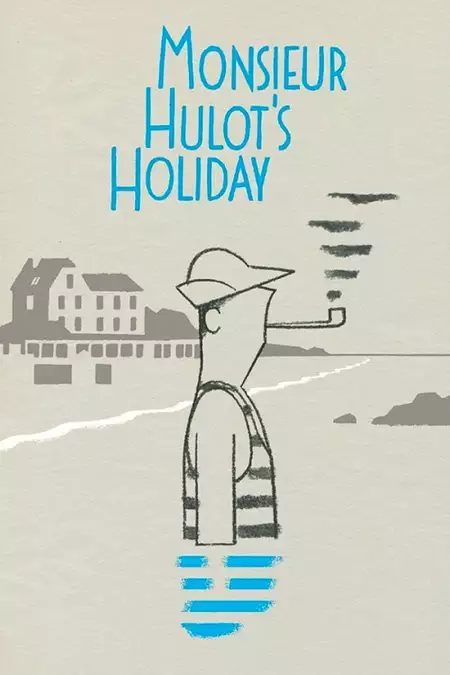
Monsieur Hulot's Holiday (1953)
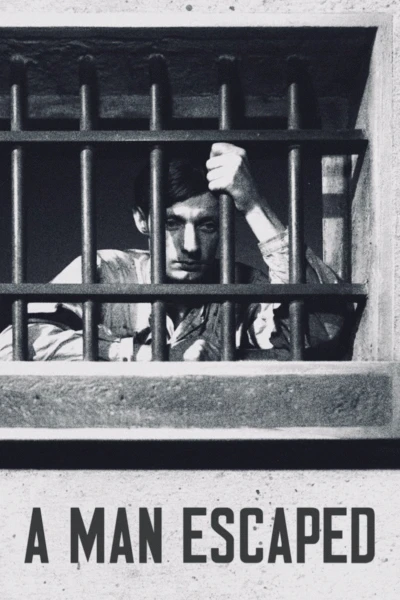
A Man Escaped (1956)
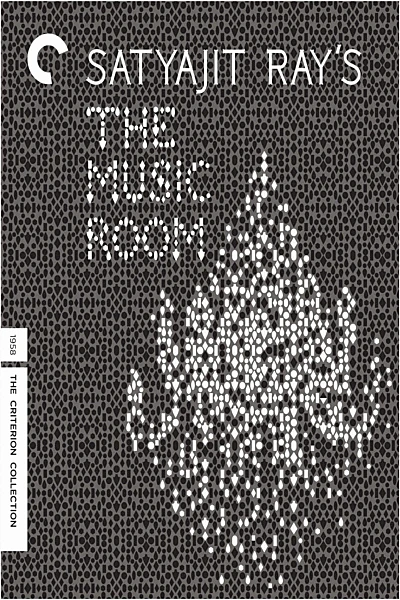
The Music Room (1958)
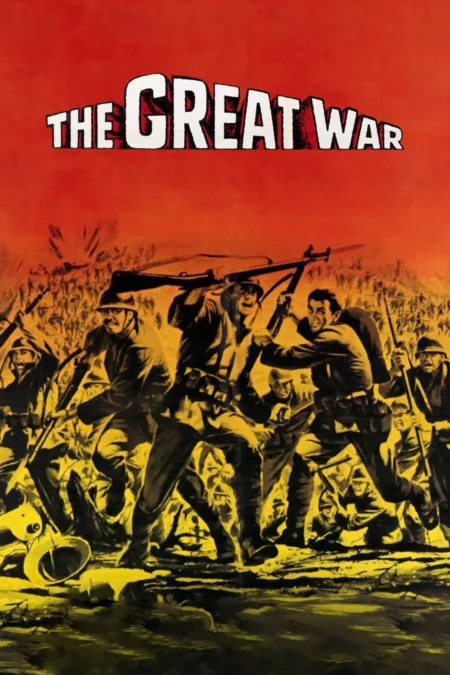
The Great War (1959)
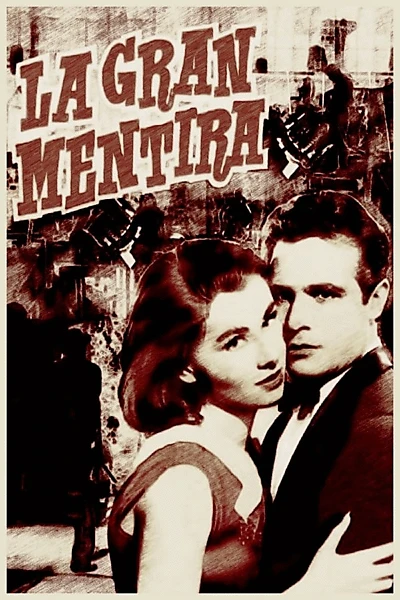
La gran mentira (1956)
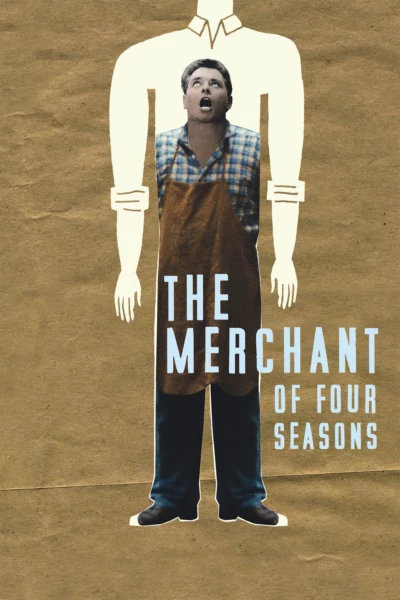
The Merchant of Four Seasons (1972)

The Untold History Of The United States (2012)
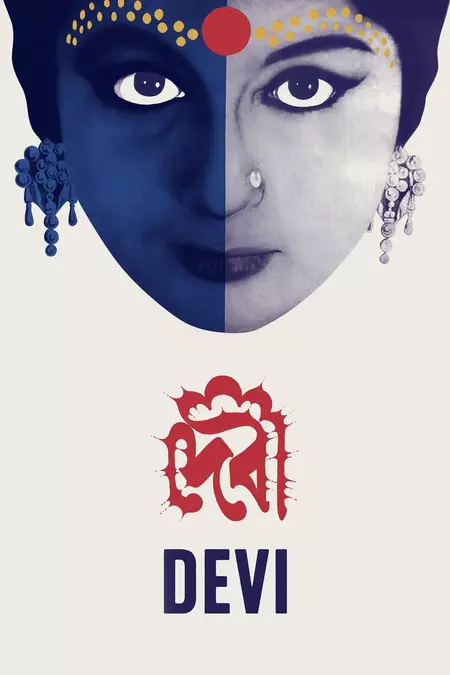
Devi (1960)
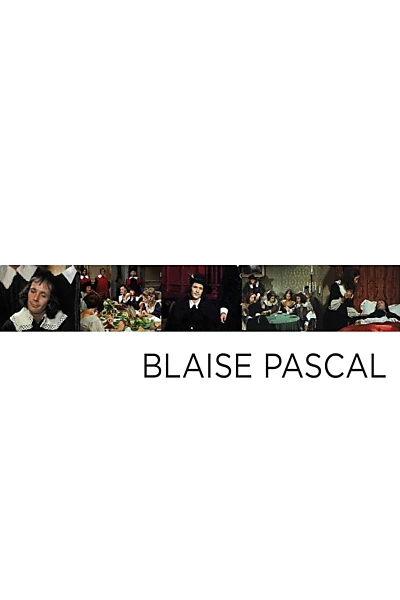
Blaise Pascal (1972)
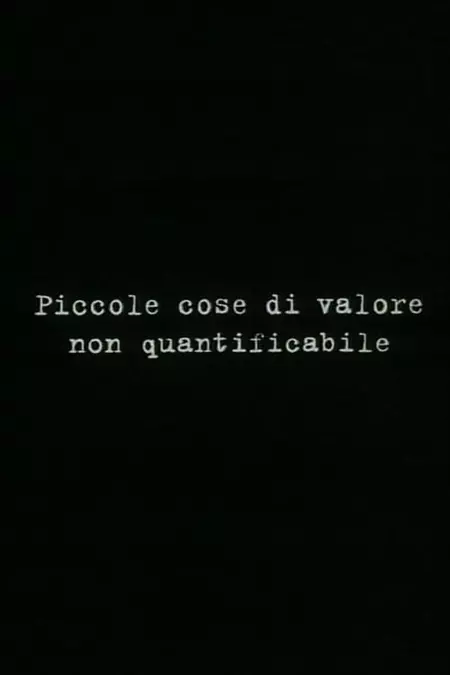
Small things of unquantifiable value (1999)


